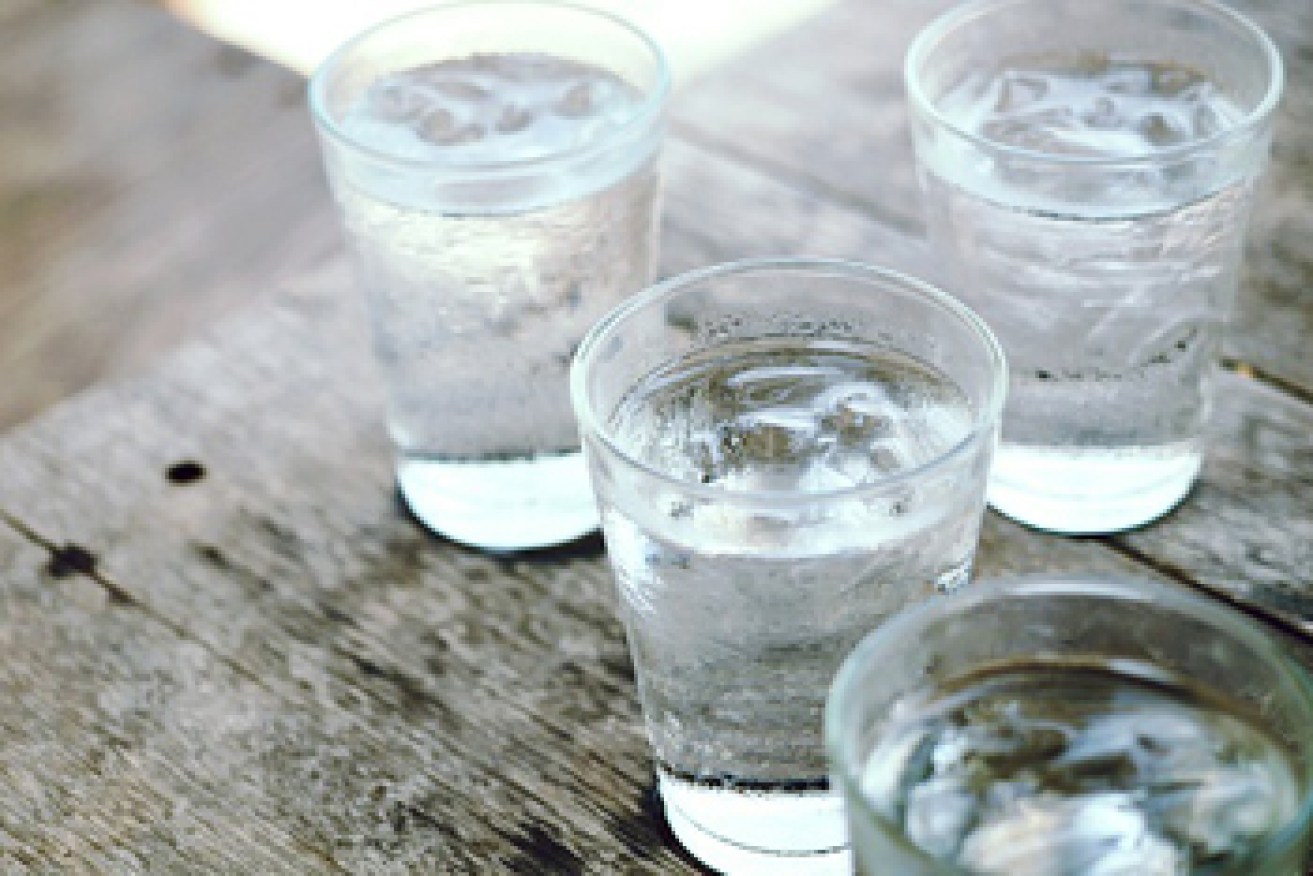Why we should all be ‘eating’ more water


The 'eight a day' mantra could be wrong. Photo: Getty
Health experts have long been telling us we don’t need to drink eight glasses of water a day – it’s the health myth “that refuses to die”, in the words of one particularly frustrated doctor.
Now, some experts are saying we should consume more of our water in the food we eat – but for very different reasons.
Last week, Dr Howard Murad, associate clinical professor of medicine at the University of California, told several media outlets that eating more water-rich foods such as fruit and vegetables is preferable to drinking water — a claim he has written about extensively.
• Getting fat? Maybe it’s time to blame your partner
• This is why you shouldn’t self-diagnose lactose intolerance
• Why eyeball tattoos could leave you feeling blue
According to Dr Murad, this is because the body absorbs this water more slowly “because it is trapped in the structure of these foods”, and the water stays in your system for long enough for the body to put it to good use.
Other experts support his message, but disagree with his reasoning. Murdoch University biochemisty lecturer Dr Garth Maker says he’s not aware of any evidence supporting the longer retention claim.
“Following digestion in the stomach and the small intestine, food is effectively broken down for absorption,” Dr Maker said.

He’s got the right idea. Photo: Getty
“Based on this, I’d expect there to be no difference in rate of absorption between water consumed directly and contained within food.”
But there are still strong reasons to follow Murad’s advice.
Why ‘eating’ water is a good idea
Deakin University diet expert Associate Professor Tim Crowe agrees that it’s better to eat your fluids than drink them, so long as you replace your water bottle with healthy snacks like carrots and apples.
His reasoning is that fruits and vegetables are the foods with the highest water content, and are a more nutritious method of hydration than plain water.
“If you eat those fruits and vegetables you’ll get a lot of water from them, but you’re also getting their other benefits to your health – vitamins and minerals and potentially fibre too.”
The average person gets about a quarter of their daily water intake from the food they eat, and Assoc Prof Crowe says by bumping this up so that foods satisfy closer to half their fluid needs people stand to make themselves much healthier.
Drink responsibly
Assoc Prof Crowe also says people shouldn’t drink large amounts of water in the belief it makes them healthier. In fact, sometimes doing this can be the opposite of healthy.
“There’s no extra health benefit from drinking lots and lots of additional fluid. You can only be hydrated to a certain level, and beyond that you’ll just wee out what you drink straight away.

The ‘eight a day’ mantra could be wrong. Photo: Getty
“It’s also possible to overhydrate, to drink so much water that you dilute the sodium in your blood. It’s a condition known as Hyponatremia, where the body doesn’t have enough time to get rid of the excess fluid, and that can potentially be fatal.”
So how much water do you need in a day?
National guidelines say men need to take in 3.4 litres of water every day, and women 2.8 litres.
A quarter of this amount comes from solid foods — even if you’re not consciously trying to “eat” more water as Assoc Prof Crowe and Dr Murad suggest – which means men need to take in 2.6 litres of fluid and women 2.1 litres.
Assoc Prof Crowe says even these recommendations should only be treated as rough guides, given it’s hard to prescribe a fixed figure for how much water our bodies need on a daily basis.
“People’s water needs change depending on the climate, your body weight and how active you are, so it’s extremely variable from person to person: You might need four times that amount if you’re an avid exerciser.
“That’s why they’re called water ‘guidelines’: just because you’ve met the guidelines, it doesn’t necessarily mean you’ve met your personal needs.”
Assoc Prof Crowe says they most effective way to drink water is throughout the day and in small quantities, rather than all at once.
“Your body can’t store water, but it can absorb more if it doesn’t pass through you as quickly.”









